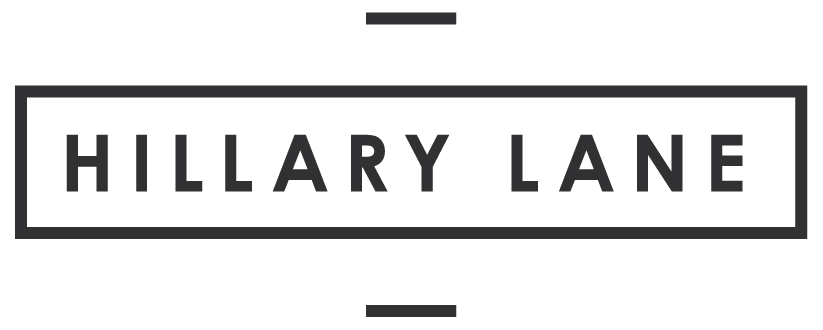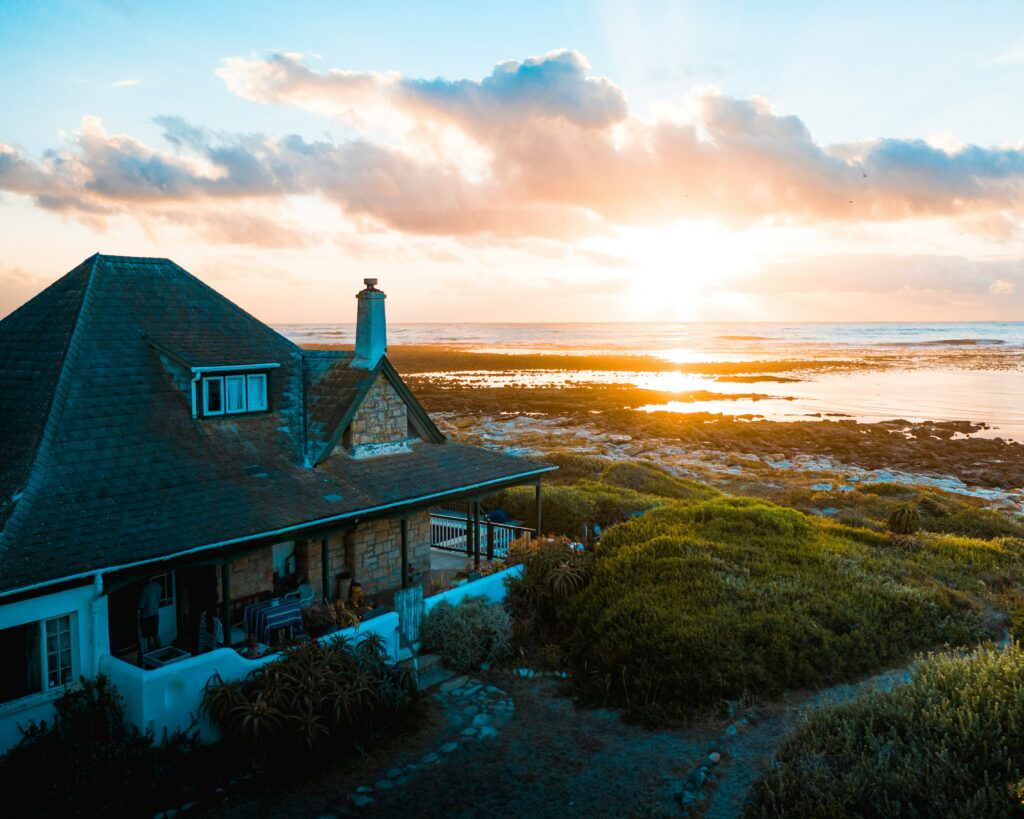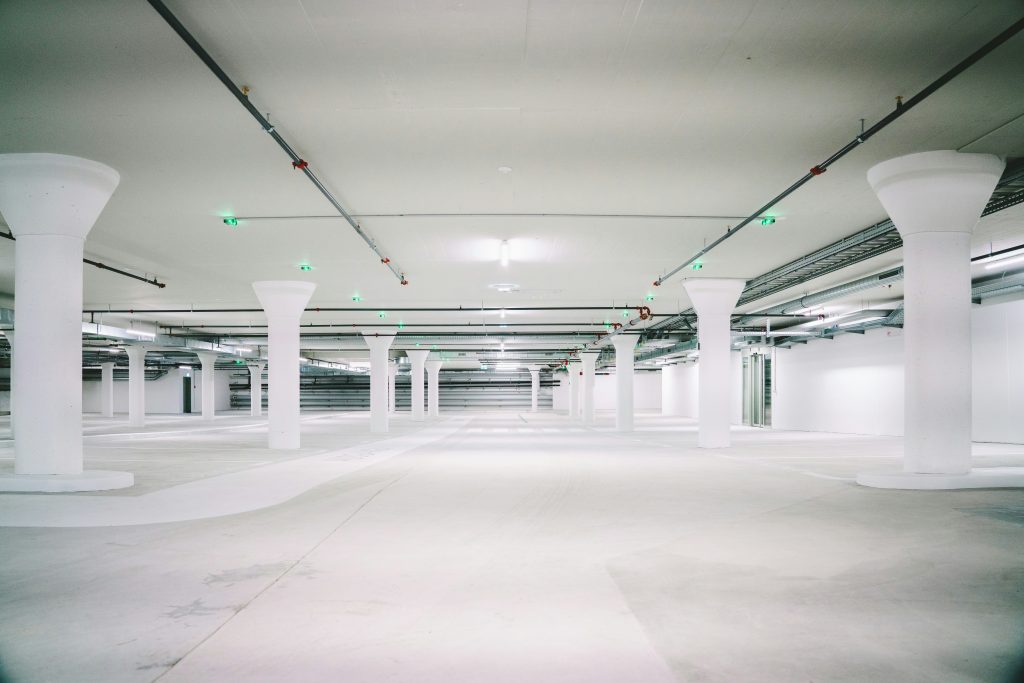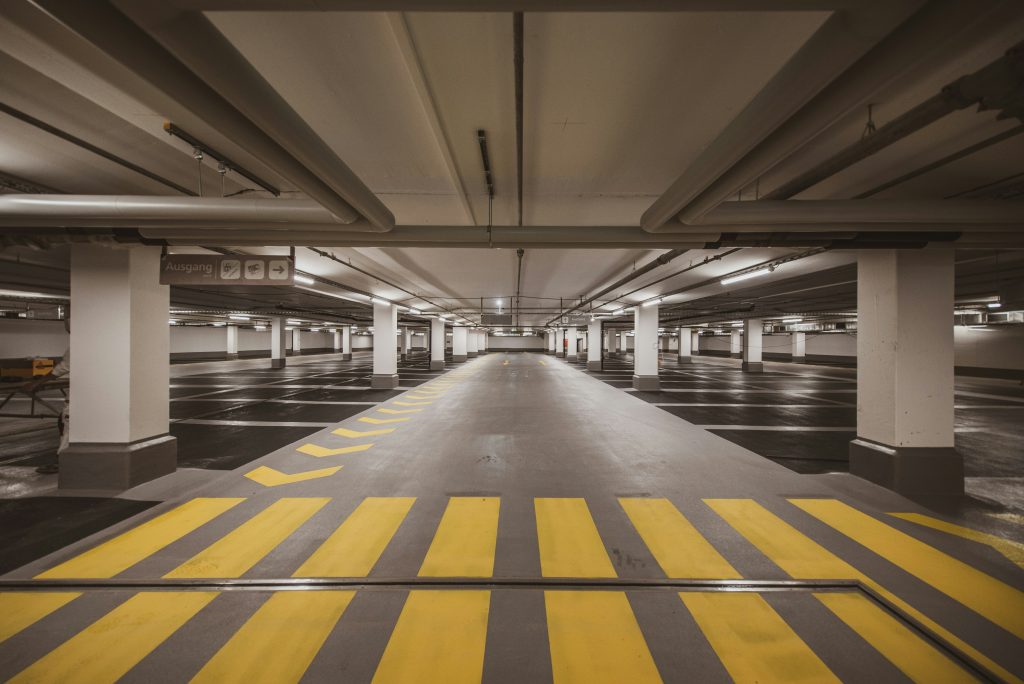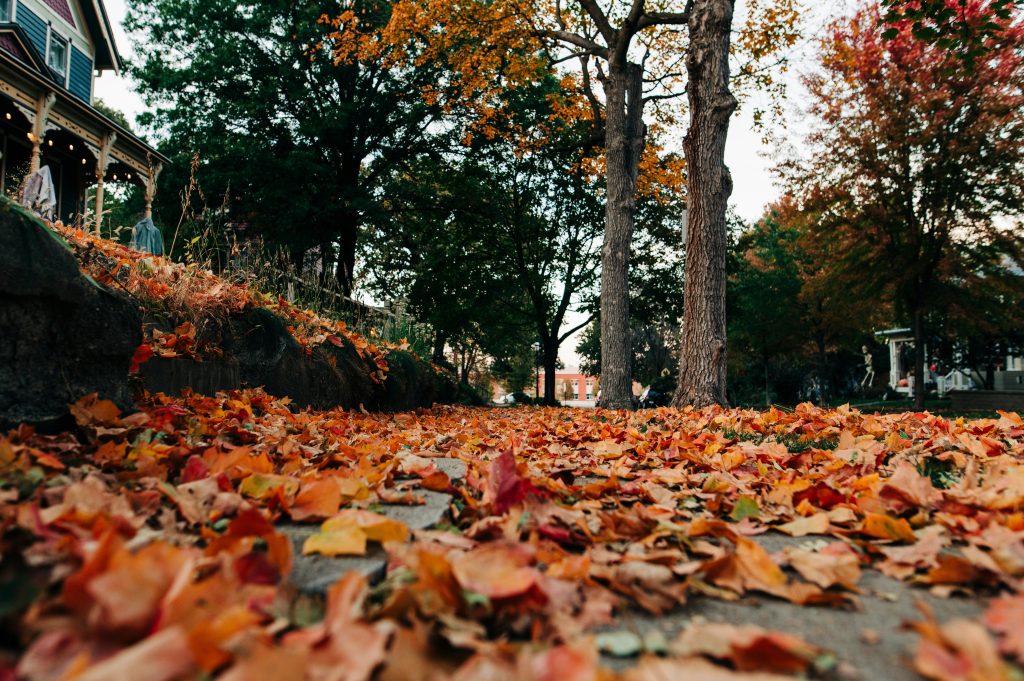Researching properties to buy a vacation home is much different than looking to buy a forever home or your primary residence.
Purchasing a vacation home also becomes a lifestyle investment if you hope to rent the property when you’re not using it.
So, how do you narrow your choices if you’re looking for a mix of holiday appeal and investment to generate passive income?
First, decide what type of return you want from this property, how long you plan to own it, and how much you will use it to get away with your family. Do you want a balance of leisure and income? Significant rental income that pays for all related expenses? Or mainly a vacation home for family with the occasional rental to reduce costs? Choosing one of those options will help you decide what property will work best for you and how much you will pay each year.
- Location
- Seasonality & Winterization
- Maintenance
- Local Rules
- Taxes
Location
For this blog, we’ll focus on Canadian options for vacation properties. How far are you willing to travel each time you want to use or maintain it (more on that below)? If the vacation property is also a rental, it must appeal to potential renters as a getaway destination. Or is it an emerging market for vacationing?
Consider nearby attractions, popular tourist cities and towns, beautiful nearby environmental sites, such as waterfalls and forests, and most of all, water. Is there a lake nearby, or does the property have a waterfront? The latter could be the most significant allure, so buying a home on the waterfront might be the easiest way to ensure your vacation property has considerable appeal. The drawback is that waterfront property will carry a higher cost.
Location may also factor into the availability of water service. Is the water safe to drink from the tap? Or is it from a well that will need treatment before consumption? If the tap water isn’t drinkable, you’ll have to consider installing equipment to make it drinkable or provide a water cooler and adequate refillable jugs.
Seasonality & Winterization
No matter where you buy, you’ll have to decide if you want a property capable of housing winter inhabitants (not the furry kind!) and open year-round. And would winter occupation only be for you and the family? Or are there enough activities nearby to make it a destination for renters most of the year? If so, you must ensure that snow is cleared and appropriate supplies are available for colder weather, such as sufficient bedding, wood for fires, snowshoes, and other winter necessities.
Maintenance
Hiring someone for property maintenance is a smart option if you don’t have someone nearby who can be your caretaker. While that will mean additional expenses, it may be worth it if you plan to rent the property often.
Why?
Because significant damage could occur if something goes wrong and no one is there to notice it. This could be from frozen pipes, a broken furnace, a fallen tree, or something else that could result in expensive repairs when discovered, let alone if significant time has passed. Having a property manager can mitigate these occurrences.
In addition, if it is not a year-round cottage, you or the property manager will have to open and close the property. This process can involve flushing water lines to avoid cracked pipes, preventing small animals from infiltrating your home during winter (securely stashing food and bedding), and storing outdoor furniture and equipment.
There may also be a property standards bylaw that the owner must sign to ensure that the property is maintained to a certain level throughout the year.
Local Rules
Another area to consider before buying involves local bylaws. Depending on your approach to renting your vacation home, you must factor in the following:
- Occupancy Limits – Some municipalities have a two-guest/bedroom cap or occupants/property size.
- Duration of Rentals – Annual limits on how many consecutive days the property is rented.
- Business License Requirements – Usually necessary for short-term rentals.
- 24/7 Emergency Contact Availability – This contact must be established and easily accessible.
- Code of Conduct – Each guest may be required to sign one before renting.
- Noise and Traffic – These levels may vary depending on the time of day.
- Parking – This may be a limit you set as the owner, or the municipality may set limits.
Taxes
The property tax you pay for your vacation home/rental will also vary depending on the municipality. It can vary widely even across the same province, so be sure to factor that into your expenses.
As discussed in past blogs, knowing your tax obligations when or if you decide to sell your vacation property is crucial. For example, you could be obligated to pay HST if you sell this rental property.
Understand the HST rules related to property sales before selling. The Canada Revenue Agency (CRA) enforces regulations to capture all applicable taxes from real estate transactions. Before buying or selling any property primarily used as a rental, consult a property law expert to understand your tax obligations.
Whatever you decide to do, following the guidelines above will ensure you make an educated decision about your family vacation home and potential investment property.
Are you ready to move to the next stage? Let’s chat. Send me an email (hillary@hillarylane.ca) or text/phone (416-882-4707).
Image Attribution: Sebastian Staines
